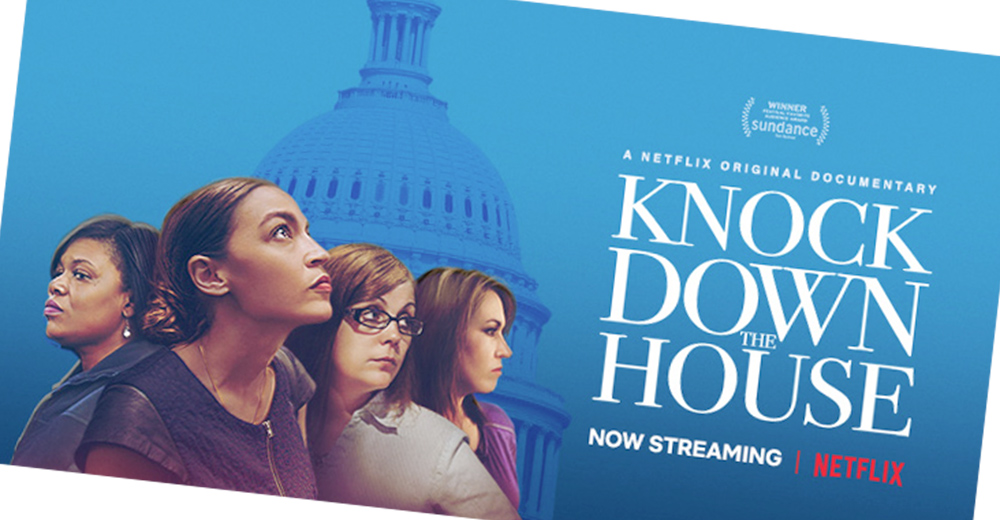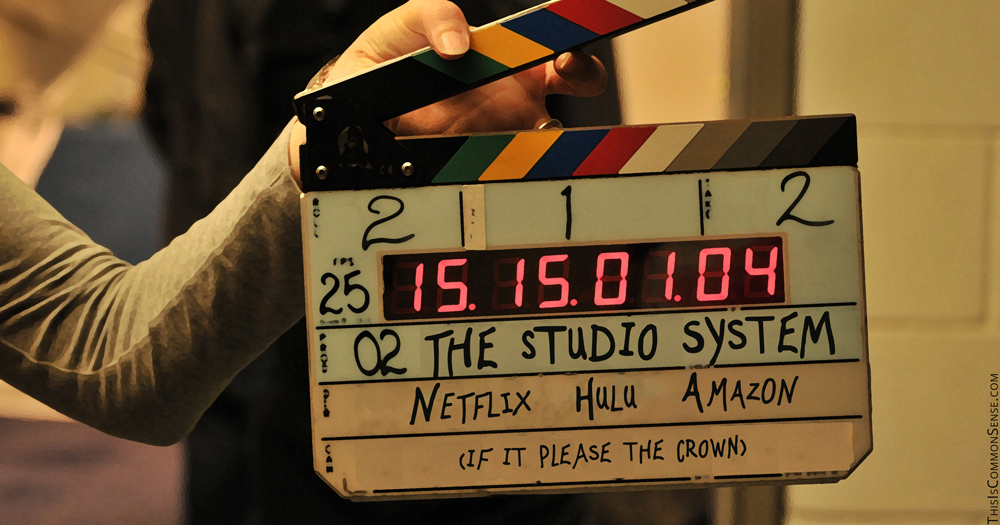Although a new “Artistic Expression” section in Netflix’s culture memo could be improved, I’m giving it two thumbs up instead of the customary one and a half accorded to promising but imperfect credos.
In these censorious times, why not applaud any sincere testament upholding freedom of speech?
Even if called “diversity,” in Netflix-speak.
According to the revised memo, the company supports “a diversity of stories, even if we find some titles counter to our own personal values. . . . If you’d find it hard to support our content breadth, Netflix may not be the best place for you.”
This is probably not about Netflix’s willingness to rent The Wizard of Oz no matter who objects to the spectacle of weepy tin men or broom-riding green-faced women in pointy hats.
Recently, Netflix has been roiled by employee protests against videos they find annoying, especially Dave Chapelle’s comedy special “The Closer.” Chapelle, who appears to lean more left than right, turns out not to be the type to run his riffs by a lefty censorship board.
Now let’s see how Netflix follows up on its delicate suggestion that working for Netflix “may not be the best place” for employees demanding censorship. Will Netflix show the door to all sullen saboteurs of speech-diversity?
Also, will it more fundamentally diversify its own original content?
In any case, good for Netflix for resisting the mob, for now. Until further notice, it’s two full thumbs up.
This is Common Sense. I’m Paul Jacob.
—
See all recent commentary
(simplified and organized)





